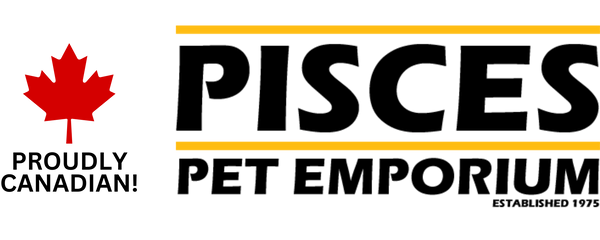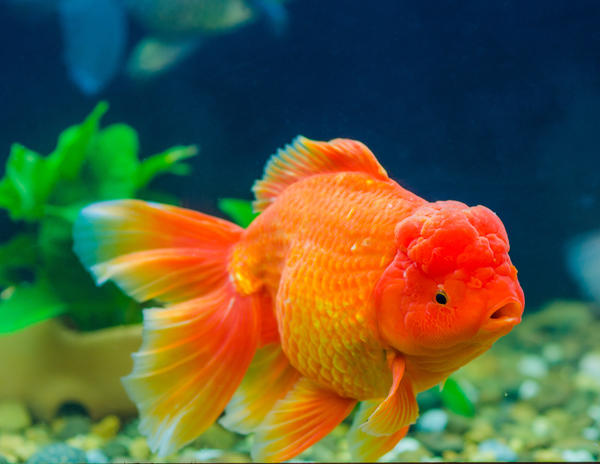While not every reef requires coral food, it can be highly beneficial depending on what goals you have in the hobby. Coral foods can benefit population growth, supplemental elements, colouration, size, and general coral health. They can also be especially beneficial in ULNS (ultra low nutrient systems) as you can ensure the corals get what they need while having control of what nutrients are going into the system. Depending on what types of corals you keep, you may need to choose different foods to offer them as well; all corals can benefit from liquid supplements, but not all corals can benefit from large solid foods due to polyp size and methods of feeding.

Starting off the list we have a long-standing, tried-and-true formula. Reef-Roids are a dehydrated blend of naturally occurring marine plankton with a particle size of 150–200 microns. The formula was originally created to supplement the needs of Goniopora but works great for any filter-feeding corals such as zoas and mushrooms—and it elicits feeding responses from most other corals as well. When using Reef-Roids, target feeding is typically the best method, but it can be used for broadcast feeding as well.

Another classic on the list, but with an updated formula—say goodbye to two-part dosing of this terrific food! Compared to other coral foods that can add excess levels of certain nutrients to our reef systems, Reef Energy Plus is a blend of suspended carbohydrates, amino acids, fatty acids, and vitamins. This means if you use too much, it can still contribute to algae growth but it isn’t typically as much of a fuel as others. Reef Energy Plus is utilized by soft, LPS, SPS, and NPS corals and can be set up on an auto-doser.

Reef Zooplankton is a good middle ground between Reef-Roids and Reef Energy Plus. It contains a blend of marine zooplankton ranging in particle size from 12.5 to 500 microns as well as fatty acids, proteins, amino acids, and biological carotenoids. It’s a great food not only for corals but any other filter-feeding invertebrates living in your reef system.

New Life Spectrum Reef Cell comes in both small and large microcapsule formulas. Compared to most other coral foods on the market, Reef Cell is designed to simulate plankton but have a far greater nutrient density. The small microcapsule formula is used best for filter-feeding inverts and corals at a size of 10–80 microns, while the large microcapsule formula is great for LPS corals and shy or slow fish at a size of 400–600 microns. This food is best fed through target feeding. With neutral buoyancy and well-designed food, it takes longer to break down in the water column, allowing fish and corals more time to feed.

LRS Reef Frenzy Nano is a frozen food formulated for small fish and nano tanks, with a majority of the food particles being no larger than a whole mysis shrimp. Containing a great list of fresh-caught ingredients, this is an amazing blend of food for your fish and it makes an ideal target-feeding food for LPS corals as well! Containing everything from scallops to zooplankton as well as fatty acids and probiotics, this food can fuel growth, colouration, and overall health of LPS corals and fish.
When using coral foods, it’s always best to start sparingly. Watch your corals and their reaction to the food. This ensures you don’t pollute your tank with unwanted nutrients due to overfeeding as every reef is different. If you run a dirty or higher nutrient tank, you may not need to offer any coral food at all due to the zooxanthellae processing nitrates and phosphates to fuel the coral. Despite this, they can still benefit from an amino acid supplement like Aquaforest Amino Mix to support healthy photosynthesis.




